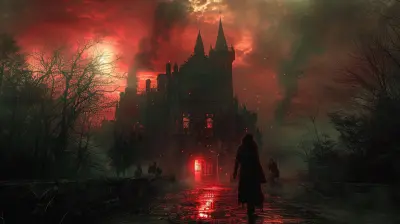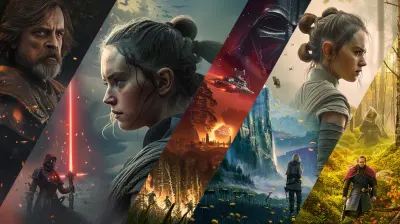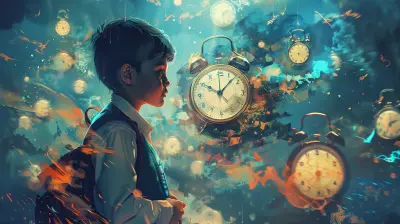The Influence of Player Trading on Game Balance
19 November 2025
Let’s talk about something that’s been quietly shaking up both online and offline gaming economies for years—player trading. If you’re someone who’s ever swapped a powerful item with another player in an MMO or made a cheeky trade in your favorite sports sim, you already know how impactful this feature can be. But here's the big question: is player trading helping or hurting game balance?
In this article, we're diving deep into how player trading affects game balance. We’ll talk about the good, the bad, and the glitchy. By the end, you’ll have a better understanding of why devs sometimes love and sometimes loathe letting us trade gear, gold, or even characters.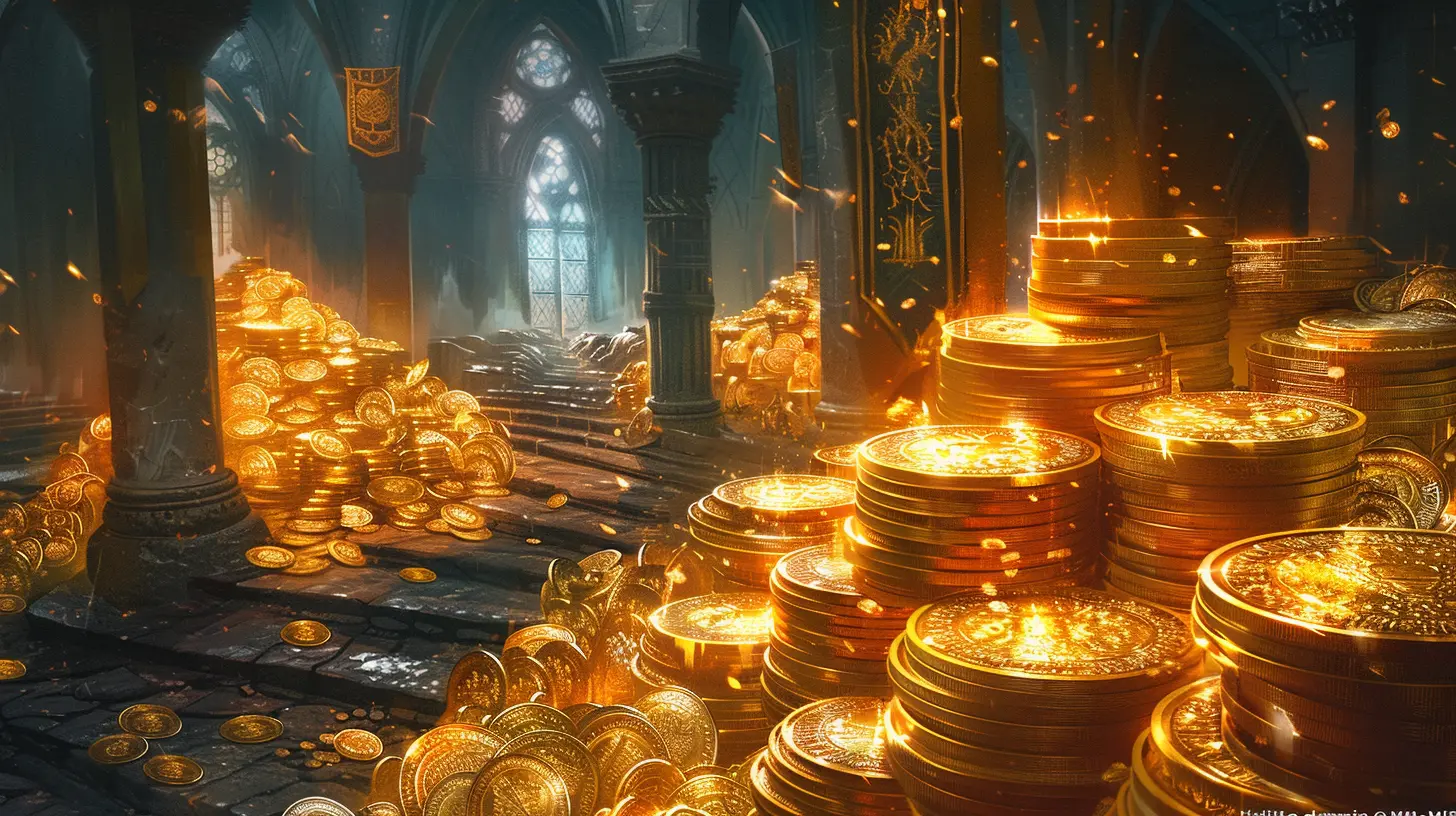
What Is Player Trading, Anyway?
Before we jump into balance issues, let’s make sure we’re all on the same page.Player trading is exactly what it sounds like. It’s the act of exchanging in-game items, currency, characters, or other assets between players. This could be through a secure in-game system—like a trade window—or external means, such as forums or third-party markets (although that last one tends to get messy).
Games like World of Warcraft, Path of Exile, FIFA Ultimate Team, and even Diablo 2 made player trading a central part of their experience. It becomes a mini-economy within the game. Sounds cool, right?
Well, it is… but it also comes with baggage.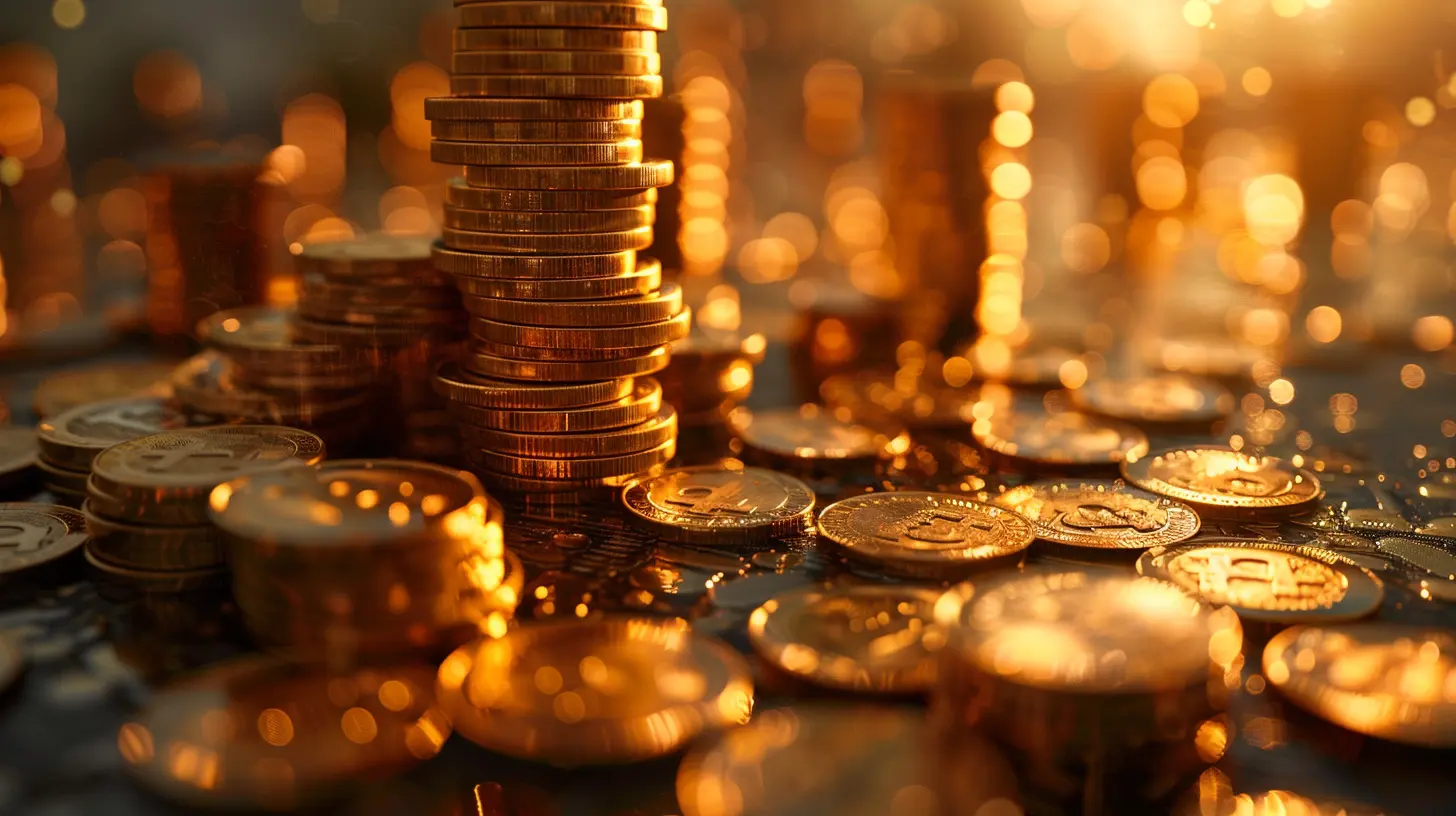
The Upside: Why Developers (Sometimes) Love Player Trading
Let’s look at the benefits first because—credit where credit’s due—player trading can spice things up.1. Encourages Player Interaction
Trading gets people talking. It creates a sense of community. In MMORPGs, entire guilds organize around who needs what and who’s willing to trade their extra loot. It adds another dimension to the social aspects of gaming.It’s like a digital marketplace. You’re not just grinding quests; you’re also haggling over prices and striking deals. It makes the world feel more alive.
2. Boosts the In-Game Economy
Believe it or not, in-game economies are a big deal. Some developers design their games specifically with an open market in mind. Trading can:- Stabilize item scarcity
- Give value to crafting
- Even create opportunities for specialization (like being THE go-to guy for rare potions)
Some games even simulate supply and demand as though you’re playing in a fantasy Wall Street. Seriously—it gets deep.
3. Adds Flexibility and Freedom
Let’s say you picked up a legendary sword that’s useless for your mage character. Instead of letting it rot in your inventory, trading lets you swap it for something you can actually use—or sell it for in-game currency.It gives players more control over how they progress, instead of being at the mercy of RNG (Random Number Generator) gods all the time.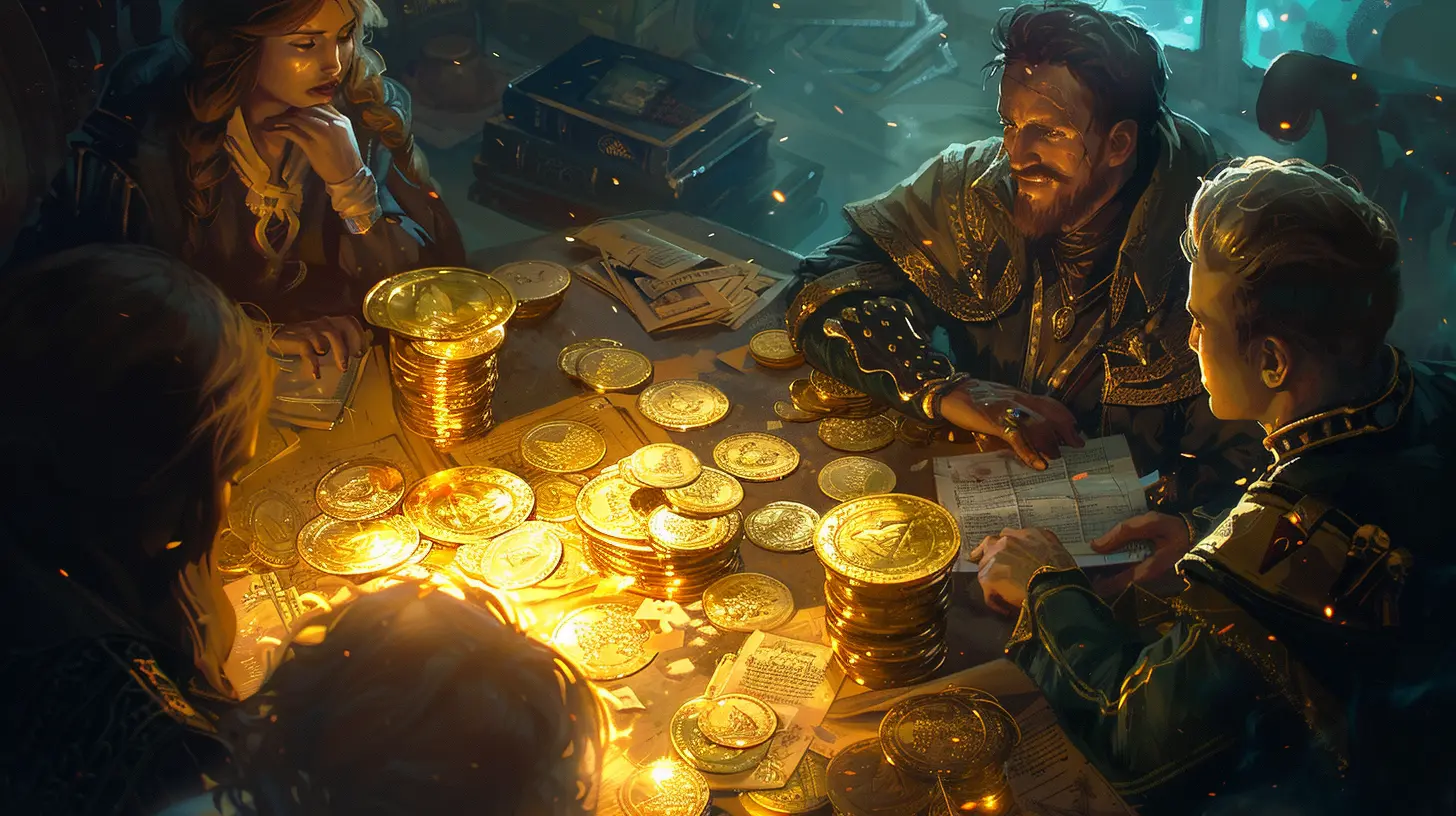
The Downside: When Player Trading Breaks the Game
Here’s where things start to spiral. While trading can enhance gameplay, it can also cause chaos if not balanced properly.1. Pay-to-Win? More Like Trade-to-Win
One of the biggest drawbacks is the risk of players "buying" power. Not with real money necessarily, but by trading their way to greatness.Imagine a new player getting boosted right to endgame gear just by knowing the "right" people. That completely undermines the effort most players put into progression.
It removes the challenge—and for many, the challenge is the most fun part.
2. Third-Party Marketplaces = Trouble
When games allow item trading, there’s often a secondary market lurking in the shadows (and sometimes not-so-shadowy).Websites pop up where players buy and sell gear for real-world money, which is often against the game’s terms of service. This:
- Promotes botting and gold farming
- Encourages account theft
- Screws over the actual in-game economy
Think of it like counterfeiting money in real life—eventually, things start to fall apart.
3. Destroyed Progression Systems
Developers carefully tune loot drops, stat gains, and difficulty curves to create a satisfying ride from start to finish. But throwing trading into the mix can wreck that carefully built experience.If powerful items can be traded freely, players might skip large chunks of content. Suddenly, midgame zones and bosses become irrelevant because everyone’s overpowered.
That’s not balance—it’s chaos in disguise.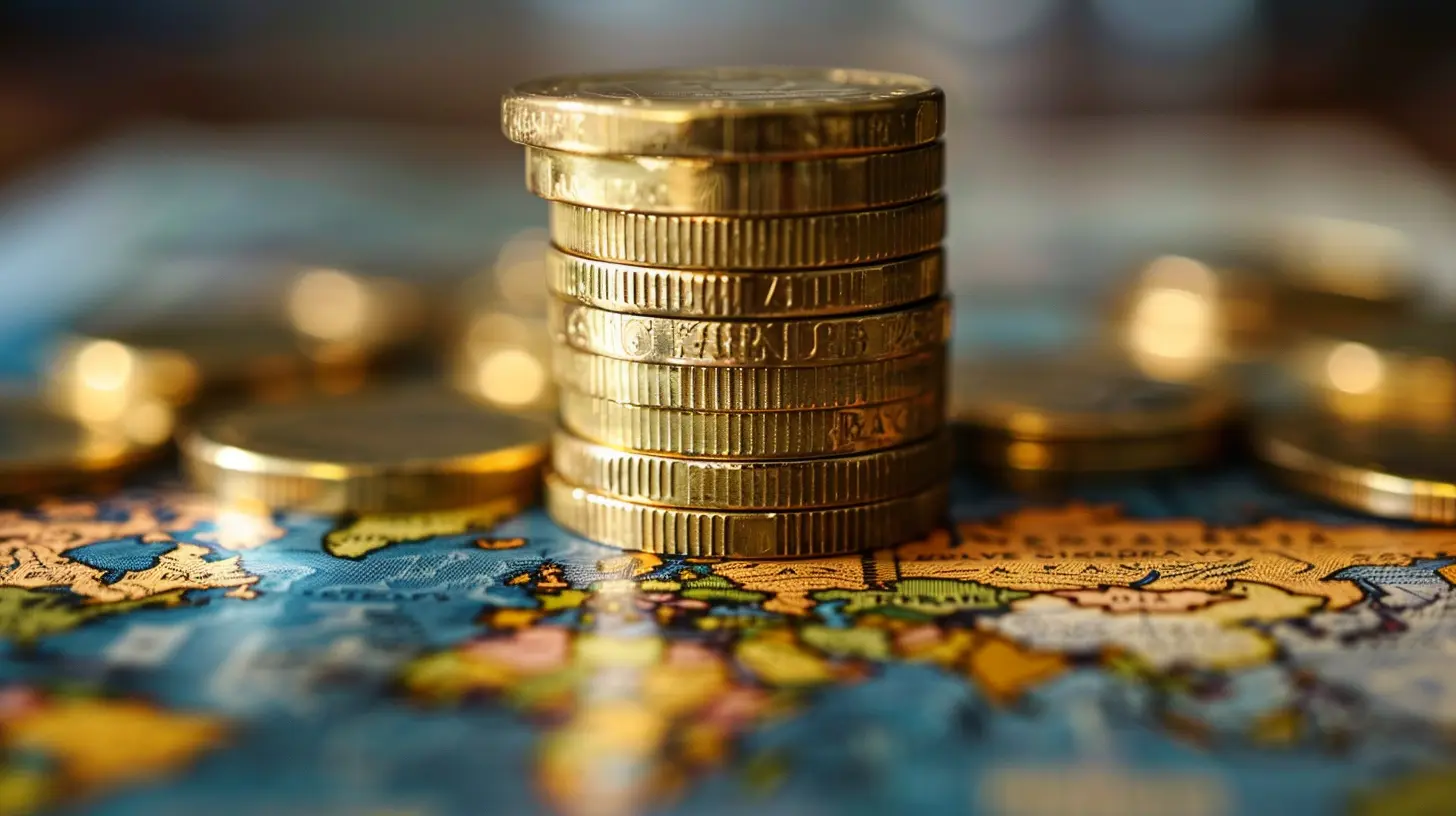
Real-World Examples: Trading Gone Right (And Wrong)
Let’s look at a few case studies.🟢 Good Example: Path of Exile
Path of Exile has one of the most complex trading systems out there, and oddly enough—it works. Why? Because the game was built around it. Items are randomized, rare, and valuable in different ways. There’s no auction house; players barter manually using a unique currency system.Because of the randomness and crafting options, trading becomes necessary, but not overpowering. It helps bridge the gap between bad RNG and fair progression.
🔴 Bad Example: Diablo III Launch (Real-Money Auction House)
When Diablo III launched, it introduced a real-money auction house that let players buy and sell gear for actual cash. What sounded revolutionary at first quickly became a disaster.Players were skipping the loot grind entirely by purchasing top-tier gear. The game’s natural progression became meaningless. Blizzard eventually shut it down.
Lesson learned: money and game balance don’t mix well.
How Developers Try to Maintain Balance
So, how do devs keep trading from ruining everything?1. Bound Items
You’ve probably seen this in MMORPGs—items that become “soulbound” or “account-bound” after being picked up or used. This prevents high-end items from endlessly circulating and lets developers control progression more tightly.2. Trade Limits
In some games, you can only trade with friends or within your party. This limits abuse without getting rid of trading entirely.Think of it like giving your buddy a soda, not opening a stand to sell to the whole city.
3. Separate Competitive Modes
Games like FIFA and Hearthstone have modes where trading is disabled or irrelevant, ensuring a level playing field in competitive environments.This way, casual players can trade, while ranked players battle it out in a tightly-controlled arena.
Should All Games Include Player Trading?
Honestly? It depends.Some games thrive with trading. Think MMOs, sandbox games, and RPGs with deep crafting. In those cases, trading can actually be the glue that holds the community and economy together.
But in other genres—like story-driven RPGs or rank-based shooters—trading can be more of a curse than a blessing. It can lead to imbalance, cheating, or undermine game progression.
So no, not every game needs trading. But when done right, it can be a total game-changer.
Balancing Player Trading: A Tough Act to Follow
Let’s be real—balancing trading systems is like juggling chainsaws while riding a unicycle. For devs, it’s a tightrope walk between giving players freedom and keeping the game fair.And no, there’s no one-size-fits-all solution. Each game has its own vibe, its own mechanics, and its own community. But one thing’s for sure: player trading has a huge influence on game balance, whether we like it or not.
Final Thoughts: Trade Carefully
Here’s the takeaway—trading is powerful. Like, Thanos-snapping-half-the-universe kind of powerful. It can build thriving communities, fuel player creativity, and enhance the sense of shared adventure.But it can also break progression, fuel shady practices, and tip the scales into unfair territory.
So the next time you’re about to make that trade—whether it’s a rare sword, shiny Pokémon, or a high-rated striker—ask yourself: does this feel earned? Is it fun? And most importantly... is it fair?
Because at the heart of every great game is balance. And trading? Well, it’s walking the line between hero and villain.
all images in this post were generated using AI tools
Category:
In Game EconomyAuthor:

Jack McKinstry
Discussion
rate this article
1 comments
Oriana Dodson
Player trading adds a dynamic layer to game balance, fostering community engagement and creativity. Let's embrace collaboration for a richer gaming experience!
November 21, 2025 at 5:29 AM

Jack McKinstry
Thank you for your insightful comment! I completely agree that player trading enhances community engagement and creativity, contributing positively to game balance. Embracing collaboration certainly enriches the overall gaming experience.
